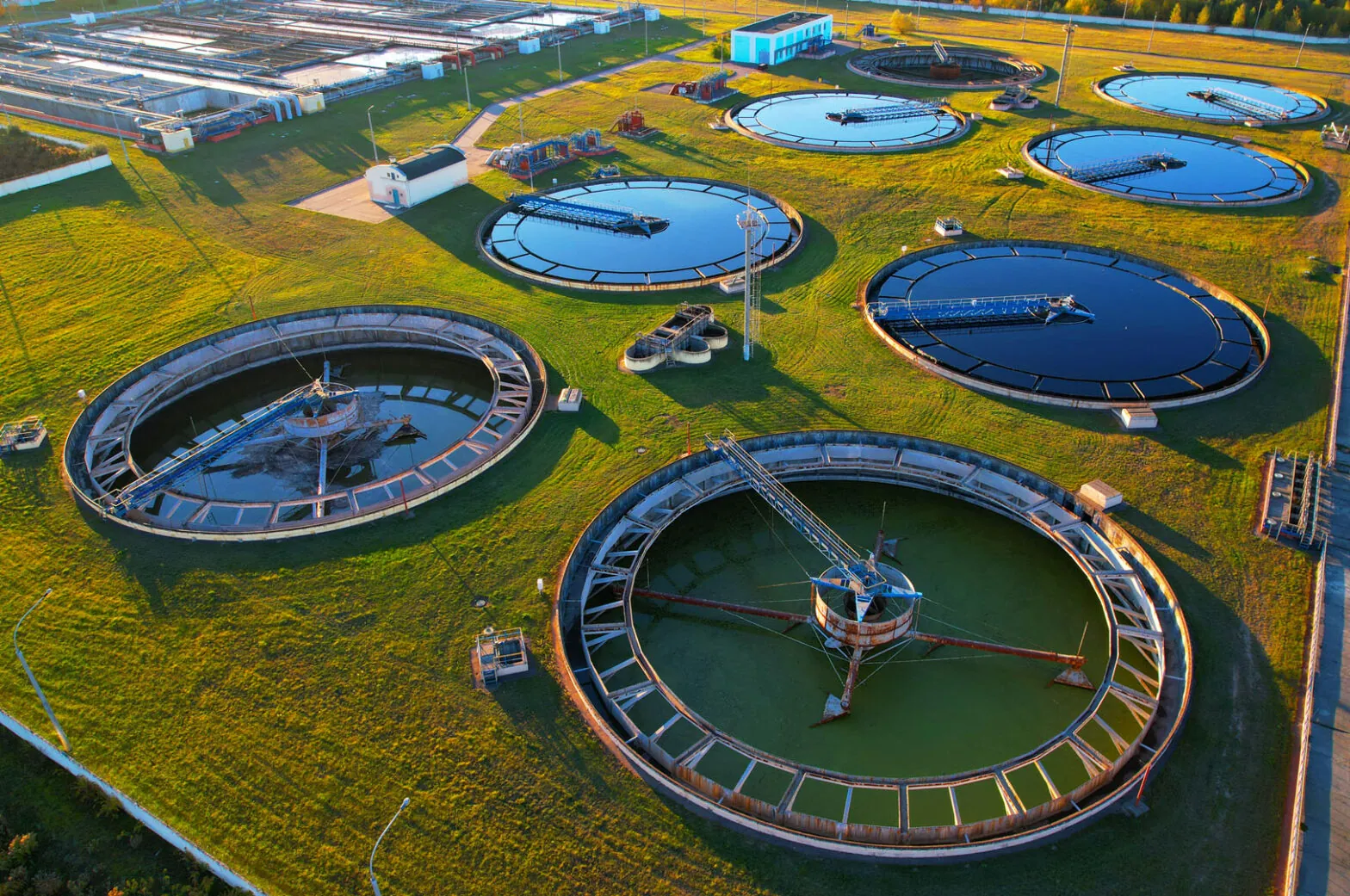
Yokohama
In 2022, Yokohama conducted a comprehensive water risk assessment, combining local information with WRI’s Aqueduct water risk assessment tool, considering water volume and quality risks in different countries. It followed this with capital investments in domestic production bases (Mie and Onomichi) to enhance leakage protection and water recycling. Overseas production sites have also implemented water-saving measures, including a closed-loop water system in India, rainwater collection for cooling and restroom use in Thailand and China, and the installation of water treatment facilities for wastewater quality. These efforts reflect the company’s commitment to water conservation and risk management across its global operations.
Link
https://www.y-yokohama.com/global/sustainability/environment/natural/water/
Hankook
Hankook Tire & Technology continues to reduce waste generation to minimize the environmental impact of waste. The company outsources the disposal of waste from operations to professional disposal service providers to ensure proper processing through incineration, landfilling and recycling. To expand the use of recycling for waste generated from production activities, Hankook’s Daejeon Plant conducted an investigation into waste disposal companies to assess the suitability of recycling outsourcing methods and contracting with the chosen companies to implement its waste recycling processes. As a result, the volume of waste going to incineration decreased by approximately 80% compared to the previous year. Hankook plans to further expand the recycling approach to its Geumsan plant, aiming to achieve resource circularity for waste.
Link
Kumho Tire
Since obtaining its first ISO 14001 certification in 1996, Kumho Tire has consistently undertaken internal diagnostics and environmental impact assessments. The company undergoes annual follow-up management and certification renewal audits by an accredited environmental management system certification agency. Kumho is also taking part in environmental management at business sites and environmental accident prevention activities. These practices have allowed Kumho Tire to establish a foundation for proactively and continuously reducing the environmental impact of production activities and services, facilitating ongoing environmental improvement efforts.
Link
(pg 19)
